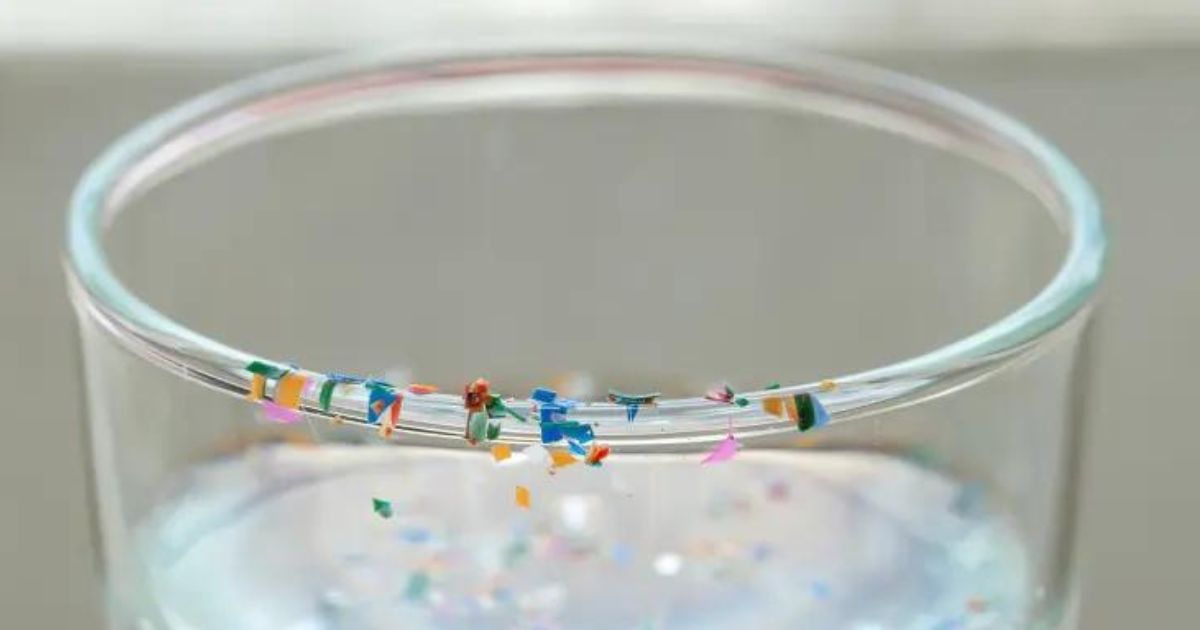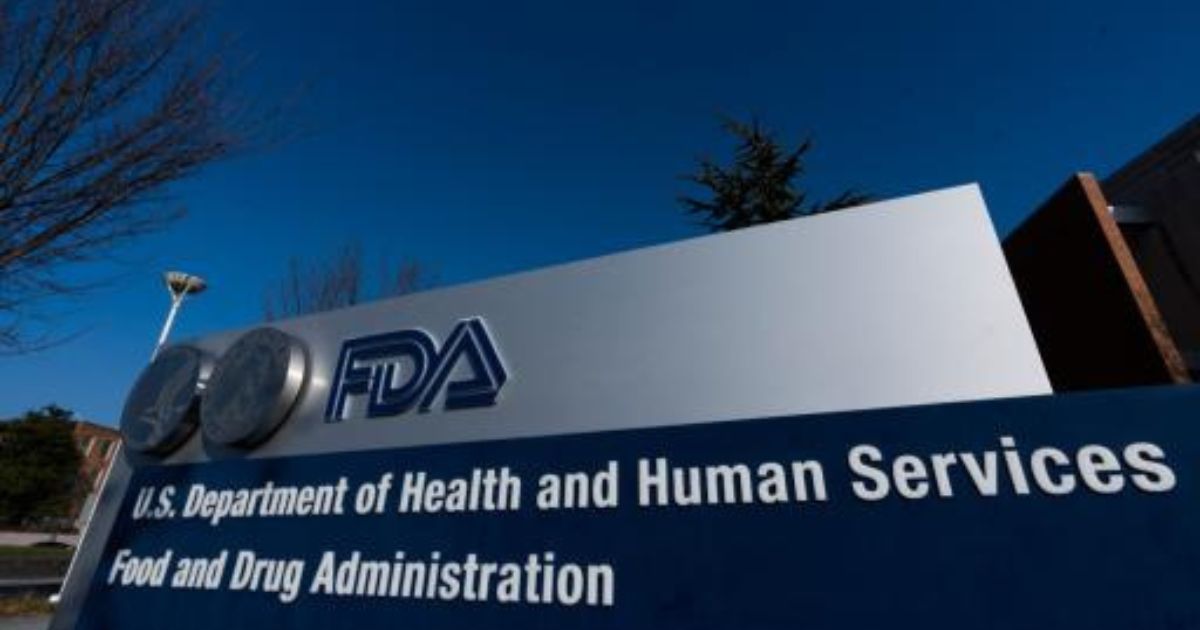Deja vu, the uncanny feeling of a new situation appearing eerily familiar, has long intrigued scientists and psychologists. Let’s learn more about what it is.
Dr. Sanam Hafeez, a licensed clinical psychologist and neuropsychologist, sheds light on this deja vu meaning.
What Is Déjà Vu? Unraveling The Familiar Yet New Experience
Déjà vu, a French term meaning “already seen,” refers to the sensation of reliving a past experience during a new and unfamiliar situation. It’s a curious and powerful wave of familiarity in the present moment, as described by Dr. Hafeez.
The exact cause of déjà vu remains mysterious, with various theories proposed. Some experts believe it may involve delays or errors in memory retrieval, while others suggest the brain processes information through multiple pathways simultaneously.
Another theory posits that memories are stored in a complex, interconnected manner in the brain. Regardless of the mechanism, déjà vu is a common, transient experience affecting people of all ages and is not considered a pathological condition.
Approximately 60% to 70% of individuals in good health experience déjà vu at some point in their lives. This feeling can be triggered by familiar sights or sounds, making individuals feel intimately acquainted with new environments. Notably, déjà vu is more likely to occur in people aged 15 to 25, those with higher education, frequent travelers, and individuals who can recall their dreams.
Although déjà vu is a common experience, it is not typically considered a medical condition. However, certain medical conditions and neurological disorders may lead to déjà vu-like experiences, such as epilepsy, migraines, temporal lobe epilepsy, schizophrenia, and high levels of anxiety or stress.
In epilepsy, déjà vu can serve as a warning sign for an impending seizure, while some migraine sufferers may experience déjà vu as part of their aura. Temporal lobe epilepsy, a specific form of epilepsy, is associated with frequent and intense déjà vu episodes. In schizophrenia, déjà vu may occasionally be reported as a symptom among various other symptoms associated with the disorder.
Dr. Hafeez emphasizes that occasional déjà vu is not indicative of a medical condition. However, individuals who frequently experience distressing déjà vu, especially when accompanied by other unusual symptoms, should seek medical evaluation to rule out underlying medical or neurological issues.








Leave a Reply
You must be logged in to post a comment.